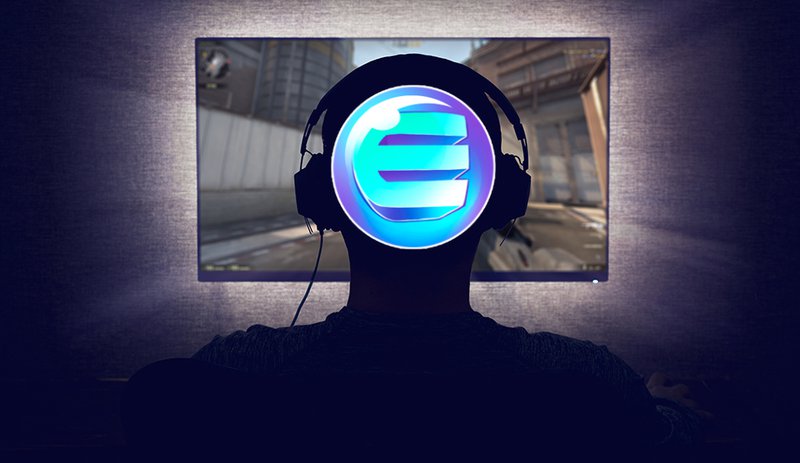
2018-12-19 19:59 |
Worldwide Asset Exchange (WAX.io), a blockchain based marketplace to buy, sell and trade virtual items, published last week its “Inside the Virtual Item Economy” report.
The report casts light on the issue of ownership of in-game digital items, often taken away from the gamers who buy it.
The report focused on the $140 billion video gaming industry, and the issues of final ownership of virtual items, which gamers create or buy in a video game.
In fact, with over two billion global gamers worldwide, spending an average of $100 billion annually mostly in the form of in-game purchased items, players seem to be at the mercy of game providers.
More often than not, the game providers end up claiming the true ownership of those items and reserve the right to remove them from users’ accounts at any time.
To show the necessity of taking action and considering how the market is booming, the study gave an example of Fortnite, and its $1 billion in revenue in 2017, entirely generated from in-game purchases.
In the report, 500 video game developers, and 1000 players based in the US were surveyed.
Most of them seem to come to a consensus on the benefits of allowing players to truly own their virtual items, use them outside of just one game, and/or sell them.
Gamers and Game Developers Mutual InterestThe study found that 62% of gamers want to have the flexibility to transfer virtual items from game to game, to make the money they spent “more worth it.”
While 69% of game developers believe that when items are freely tradeable between users, the value of those items is likely to increase.
Furthermore, 75% of gamers were positive that they would purchase more virtual items if those were usable in more than just one game. And 84% of game developers said that they would definitely create in-game items if they were compatible with multiple games.
In fact, the complexity of ownership rights is nothing new within the confines of the digital world.
With all purchases, there are always limits to what buyers could do with their digital properties.
Considering in-game items, when a gamer stops playing or loses access to his account, he would often lose his items.
Moreover, it is common to see publishers explicitly prohibit gamers from giving away or selling their in-game items as part of their End User Licence Agreement.
A solution is, however, being researched around “tokenizing” these items.
This would eventually give players the freedom to either trade them, give them away or sell them in a novel digital second-hand market and would hinder those items from being held by one entity.
The Blockchain Game AllianceA group formed by prominent players in the video game industry envisions bringing an end to this issue, and have thought of blockchain as the appropriate technology to harness in this regard.
In fact, a consortium of eight-game publishing enterprises formed a coalition named the Blockchain Game Alliance to “advocate for the democratization of blockchain within the gaming industry” convinced of the benefits it would bring to the whole ecosystem.
The consortium has been announced in late September of this year, with Ubisoft, ConsenSys, Everdreamsoft, Alto, and Gimli among others joining efforts.
The reportedly are now working on a governance proposal and a framework to organize the community work and allow everyone to participate and help spread integration of blockchain within the industry.
In-game Virtual Item Ownership Rights Could Be Settled Through Blockchain With the Help of Ubisoft and ConsenSys was originally found on [blokt] - Blockchain, Bitcoin & Cryptocurrency News.
origin »Bitcoin price in Telegram @btc_price_every_hour
High Performance Blockchain (HPB) на Currencies.ru
|
|












